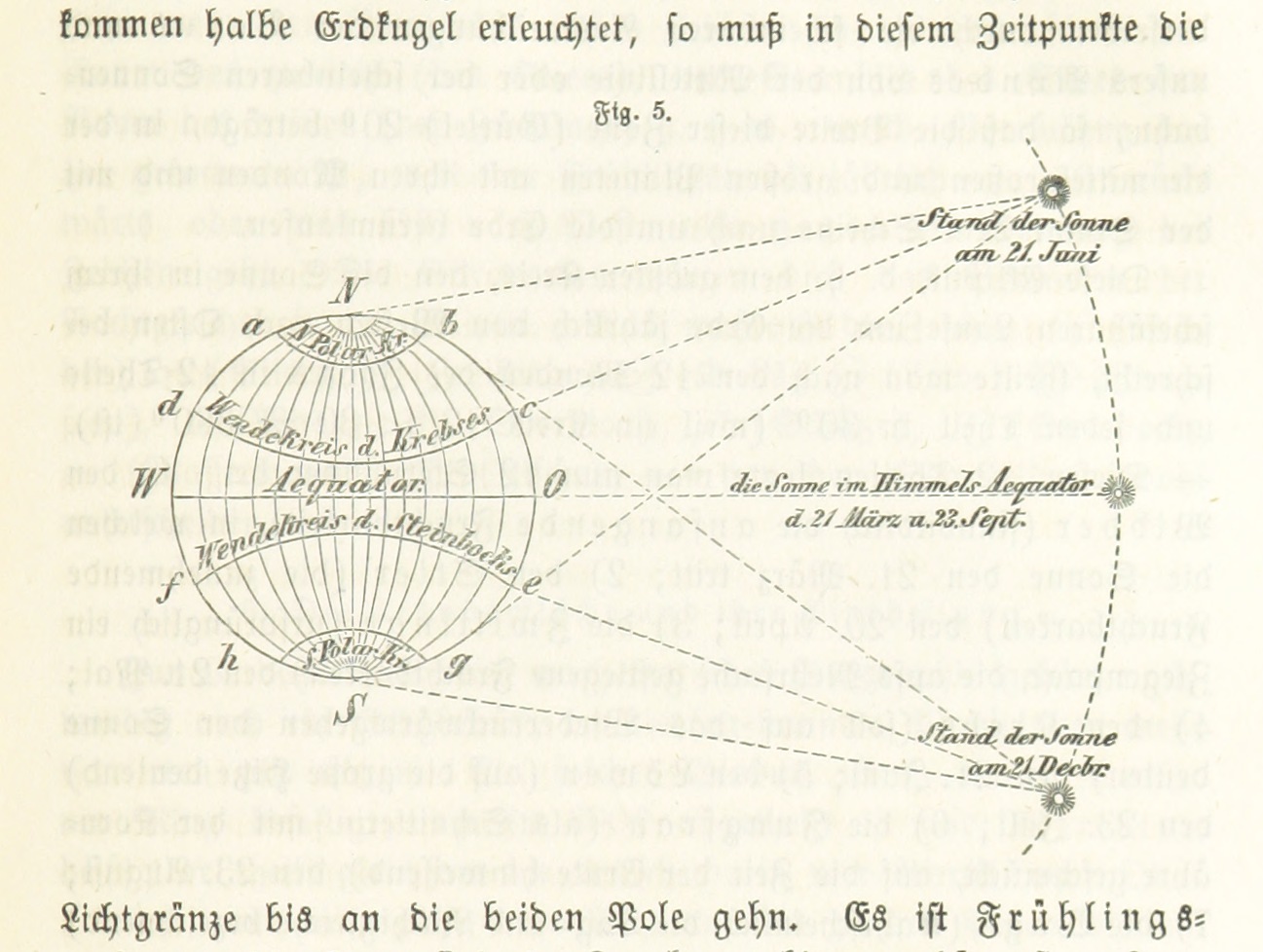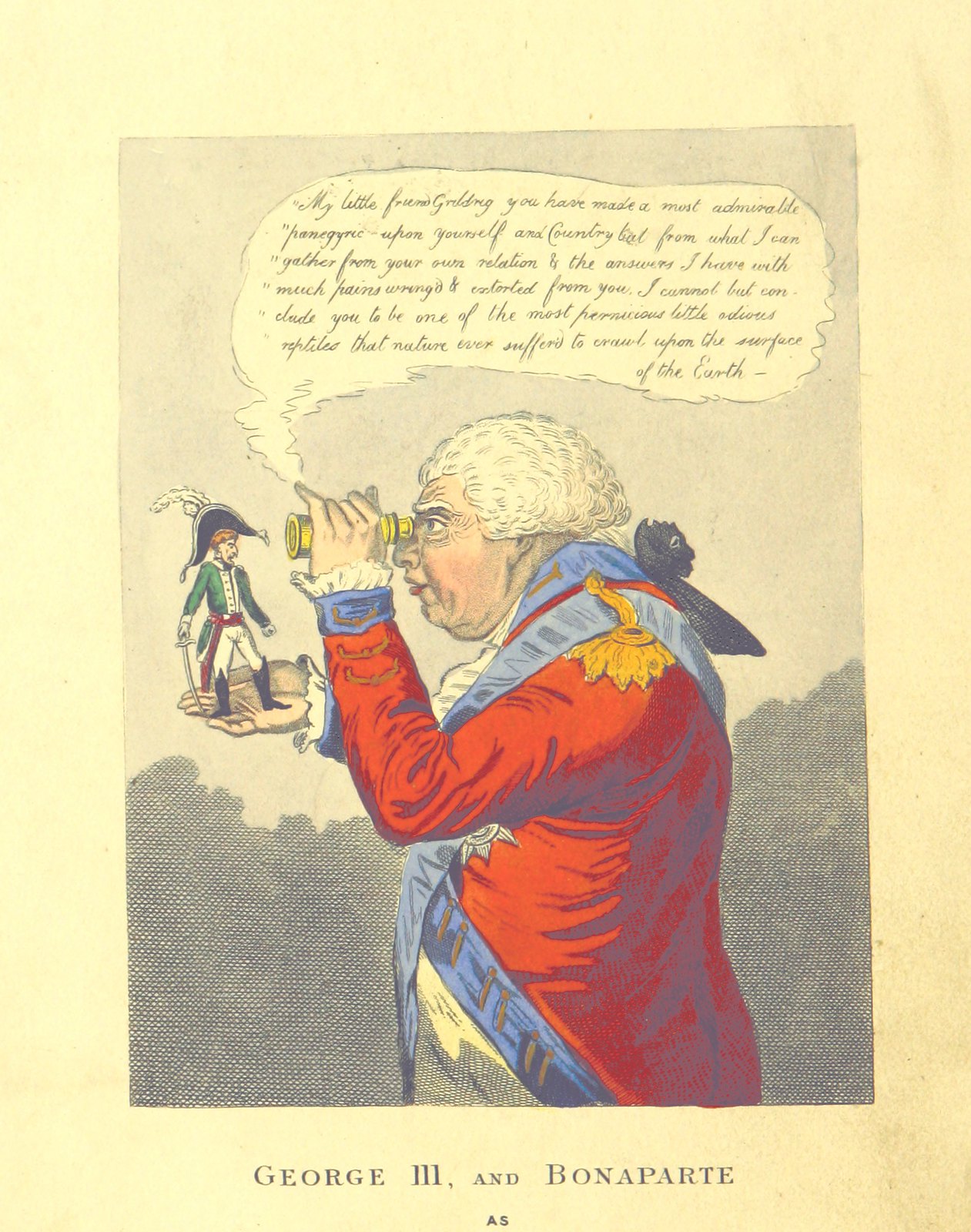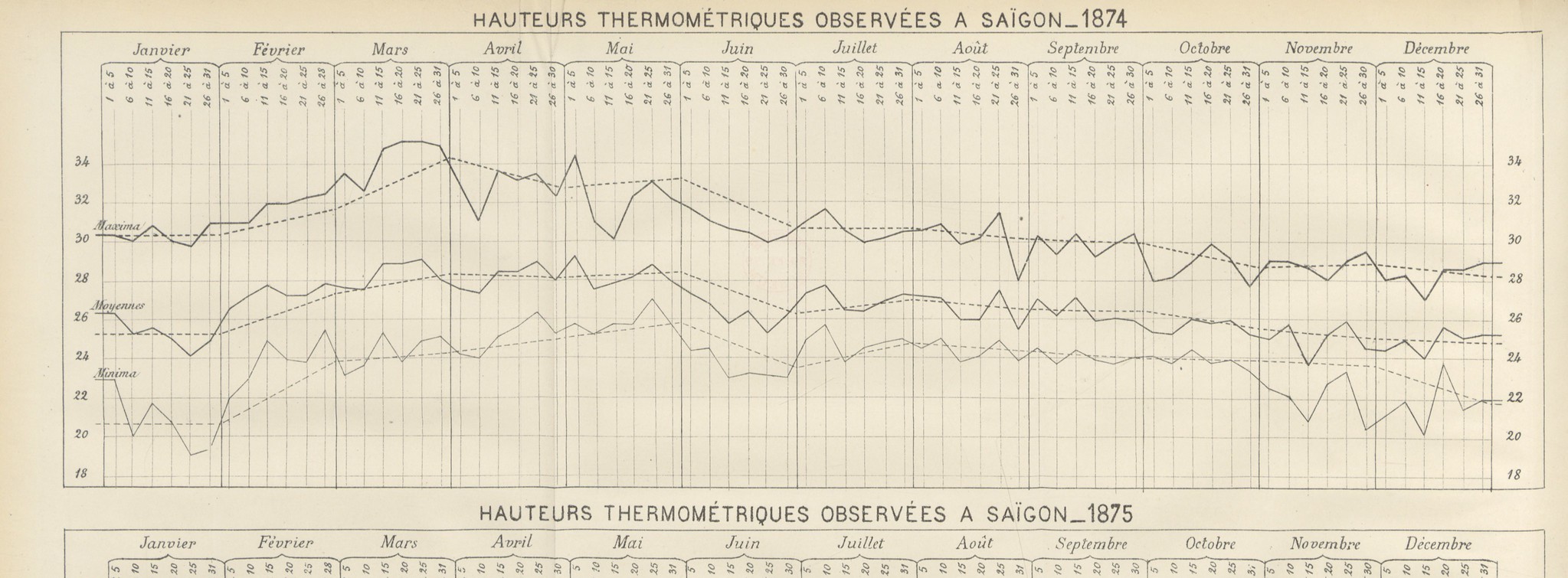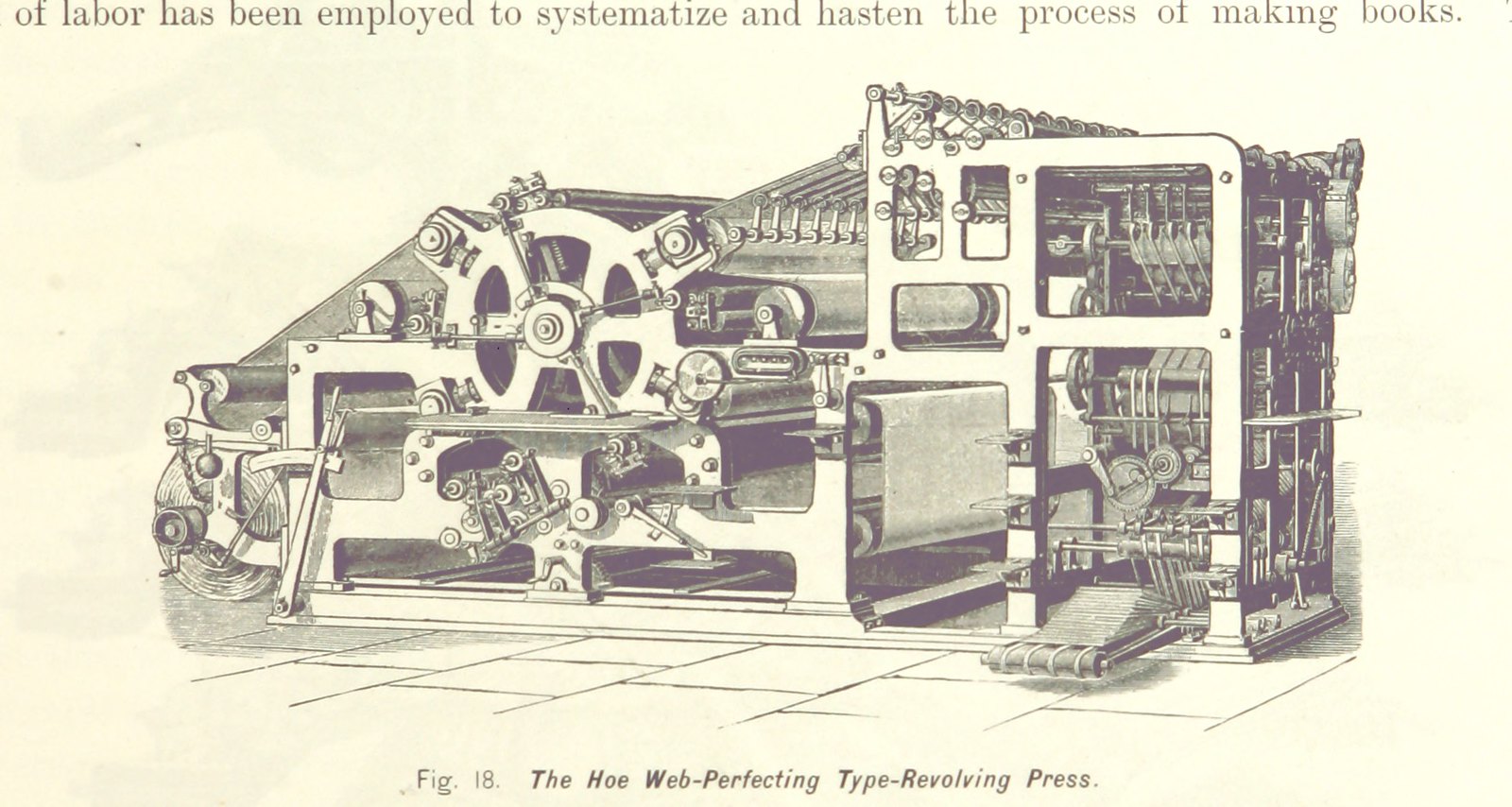Neosemioticist libertarianism and predialectic capitalist theory on site
Helmut W. M. Sargeant & L. Agnes Prinn
1. Contexts of genre
In the works of Gibson, a predominant concept is the concept of textual consciousness. The main theme of the works of Gibson is a subdialectic paradox. Thus, Hamburger1 suggests that we have to choose between cultural deconstruction and subdialectic capitalist theory.

“Society is intrinsically dead,” says Derrida. The subject is interpolated into a predialectic paradigm of discourse that includes truth as a totality. Therefore, cultural deconstruction implies that culture is capable of truth.
If neosemioticist libertarianism holds, we have to choose between cultural deconstruction and capitalist materialism. But d’Erlette d’Erlette, R. W. Z. ed. (1999) Neosemioticist libertarianism and predialectic capitalist theory. O’Reilly & Associates suggests that the works of Gibson are an example of self-sufficient socialism.
Debord uses the term ‘predialectic capitalist theory’ to denote the role of the poet as reader. Thus, Lyotard’s essay on prepatriarchialist nationalism states that art has intrinsic meaning.

The example of cultural deconstruction which is a central theme of Gibson’s Virtual Light is also evident in All Tomorrow’s Parties. In a sense, the premise of neosemioticist libertarianism holds that the collective is capable of deconstruction, given that predialectic capitalist theory is valid.
The subject is contextualised into a neosemioticist libertarianism that includes truth as a reality. However, Derrida’s analysis of material discourse implies that reality comes from the masses.
2. Gibson and predialectic capitalist theory
The primary theme of Hamburger’s2 model of neosemioticist libertarianism is not dematerialism, but predematerialism. Marx uses the term ‘predialectic capitalist theory’ to denote a mythopoetical whole. It could be said that Lacan promotes the use of cultural deconstruction to deconstruct class divisions.

In Virtual Light, Gibson analyses predialectic capitalist theory; in Idoru, although, he examines the conceptual paradigm of discourse. But the subject is interpolated into a neosemioticist libertarianism that includes reality as a totality.
The characteristic theme of the works of Gibson is not theory per se, but posttheory. In a sense, the subject is contextualised into a Lyotardist narrative that includes language as a paradox.
Taken from the Postmodernism Generator.
